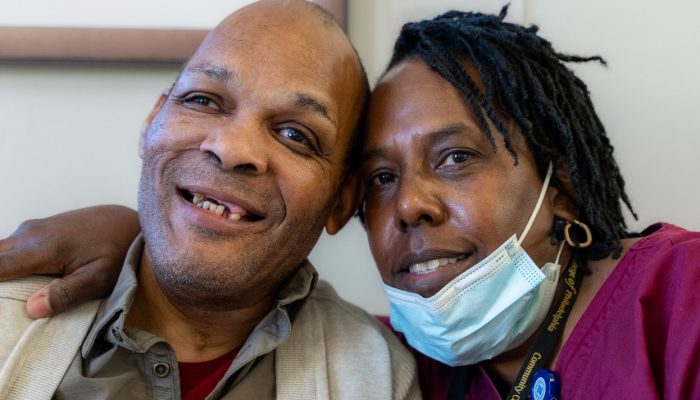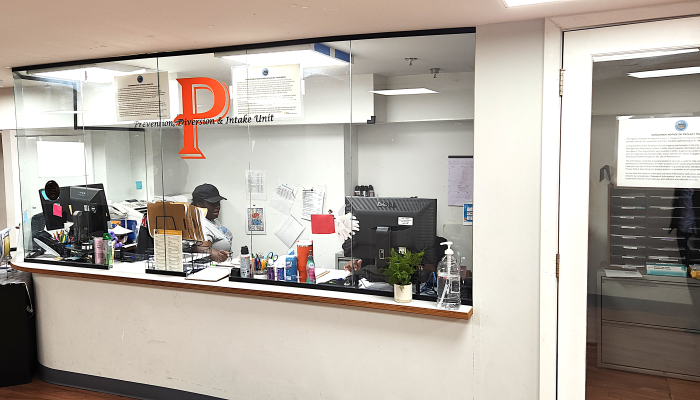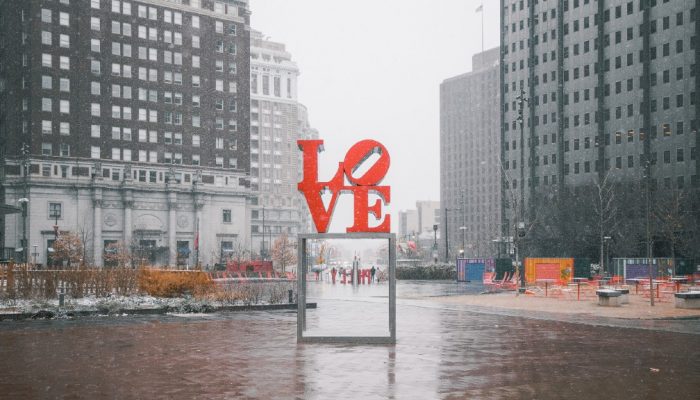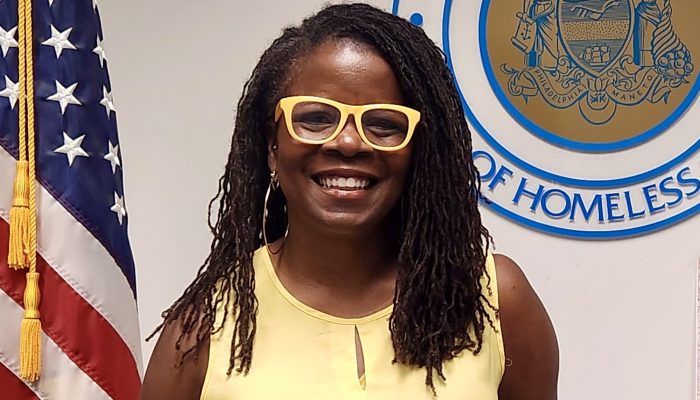Melvin Jordan worked as a senior caregiver for many years. He was once a preacher with a talent for song. In a meeting in December he shared how his life started falling apart after his mother died. “A piece of me was taken away, and I got sick,” Mr. Jordan, who is now 63 years old, recalled. He struggled with homelessness, and eventually was unable to manage illness on his own.
Some people experiencing homelessness need help that goes well beyond a bed to sleep in. They may lack basic mobility, or need frequent medication management, or suffer from memory loss and other disabilities.
Staff of homeless or behavioral health programs work hard to provide people with safe and dignified living accommodations, often providing additional resources to encourage independence. But sometimes, the needs of participants are more complex than what a case manager or an emergency housing program can meet. This is especially true when participants are older.
In response to this challenge, and in the face of a greying homelessness population, the Office of Homeless Services (OHS) established the PEACE Program. PEACE stands for Partners Establishing Accessible, Affordable Housing and Caring for Older Adults Empathetically. It started as a pilot in the summer of 2021. Thanks to it, Mr. Jordan and others have found sustainable housing and a better quality of life.
With OHS’s help, Mr. Jordan moved himself into the Care Pavilion Nursing and Rehabilitation Center last September. “I like everything, the people and the food, and I have lots of friends,” he said. He shared that he still loves singing hymns and expressed his strong bond with nurse Karen (pictured in main). “I could be like those people outside, but in here I’m important,” Mr. Jordan insisted.
Eligibility and referrals
The PEACE Program is designed for people who are frail, elderly, and are or have been, homeless. It is open to older adults, typically aged 55 or more, who reside in a housing program overseen by OHS or the Department of Behavioral Health and Intellectual disAbility Services’ (DBHIdS).
When the medical needs of a participant increase, program case managers should consider contacting PEACE Program staff. PEACE staff help match eligible participants with partner organizations that can offer long-term housing, combined with an appropriate level of care.
Partner facilities can help participants with:
- Activities of Daily Living (ADLs), such as bathing, dressing, eating, transferring, toileting, continence, or ambulation.
- Instrumental Activities of Daily Living (IADLs), such as shopping, meal preparation, housekeeping, laundry, medical management, and finances.
- Complex or chronic medical and behavioral health needs.
Only case managers in OHS or DBHIdS housing programs can refer people to the PEACE Program. Participants can’t refer themselves, but should talk to their case managers if they think the program is right for them.
COVID-19 revealed the vulnerability of older adults with chronic diseases who lack sustainable housing. PEACE quickly addressed that challenge, but it’s clear that the program will remain important even after the pandemic. Since it was launched as a pilot, the PEACE program has helped over 100 eligible Philadelphians secure long-term housing.
Photo credit: Ted Goldman




